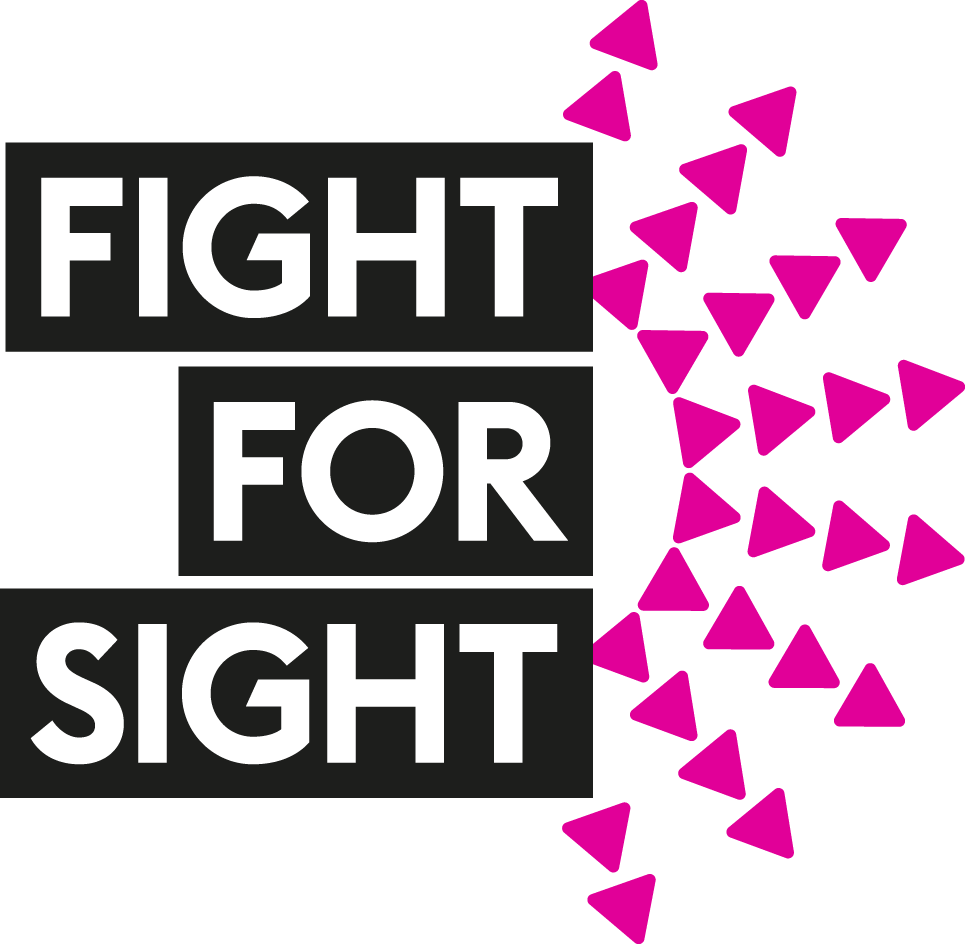Clinical ‘TIGER’ trial to compare effectiveness of two treatments for most common cause of sight loss

Fight for Sight, with the support of EURETINA, is funding a European clinical trial comparing the effectiveness of two treatments for age-related macular degeneration – in the hope of improving outcomes for those living with the condition.
Researchers led by Professor Timothy Jackson at King’s College London are testing a novel treatment to clear sight-threatening blood clots that a small percentage of people with wet age-related macular degeneration experience. This surgical intervention will be compared to the standard existing treatment for wet macular degeneration.
Age-related macular degeneration is the most common cause of permanent and severe sight loss in the UK – 1.2 million people have the condition in its early stages and 700,000 people UK-wide have late-stage age-related macular degeneration. Wet age-related macular degeneration occurs when the light sensing cells inside the back of the eye are damaged. It is usually treated with repeated injections of drugs known as anti-VEGF into the back of the eye. These drugs aim to reduce the abnormal new blood vessels that cause the disease. However, in a small proportion of people with wet age-related macular degeneration, the fragile new vessels bleed into the eye, causing a large haemorrhage. Blood is toxic to the light-sensing cells so that when the blood finally clears, it leaves behind permanent scarring and severe sight loss.
This clinical trial, known as the TIGER study, involves a surgery that uses an existing ‘clot-busting’ drug that is injected into the clot to dissolve it. Then, a bubble of gas is injected into the eye. The bubble of gas floats inside the clear body fluid that fills the eyeball. After surgery, the patient must position their head face forward for five days, so that the bubble of gas floats onto the back of the eye. This pushes the dissolved blood away from the most sensitive part of the eye. Patients who have the surgery will still need to have regular anti-VEGF injections to control the underlying disease.
Professor Jackson said: “Many eye surgeons consider that surgery has the potential to improve vision compared to injections, but surgery carries downsides including the risk of complications. We do not know the net effect of these contrasting risks and benefits, which is why we need a trial to compare surgery plus injections to injections alone. Our aim is to find out if surgery is more likely to improve vision than standard care with anti-VEGF injections alone. If the surgery is proven effective, it can be made available to more people and surgeons can use it with greater certainty.”
Interim Chief Executive of Fight for Sight, Ikram Dahman, said: “We are so pleased that with the kind support of EURETINA we are funding this important clinical trial. Due to an ageing population, the number of people living with sight loss from conditions like age-related macular degeneration is set to rise significantly, severely impacting people’s quality of life. That’s why funding research like the TIGER study is more important than ever. We look forward to seeing Professor Jackson’s results.”
President of EURETINA, Frank G. Holz, said: "The TIGER trial will help guide physicians in optimising management of patients with neovsacular age-related macular degeneration complicated by secondary large haemorrhages."
Two hundred and ten participants across a number of European centres will be recruited to the trial, with half receiving surgery and anti-VEGF injections, and half receiving anti- VEGF injections only. Participants in both groups will attend for eye injections monthly for three injections, then 2-monthly for 12 months total. At each visit they will have vision testing, a routine laser scan of the inside of their eye, and eye examination with a doctor. More extensive testing occurs at the beginning and end of the study, and midway through, including assessment of reading vision, distance vision, quality of life questionnaire, subjective visual experience, and specialised photographs to assess the health of their eye.
Read more about our research

